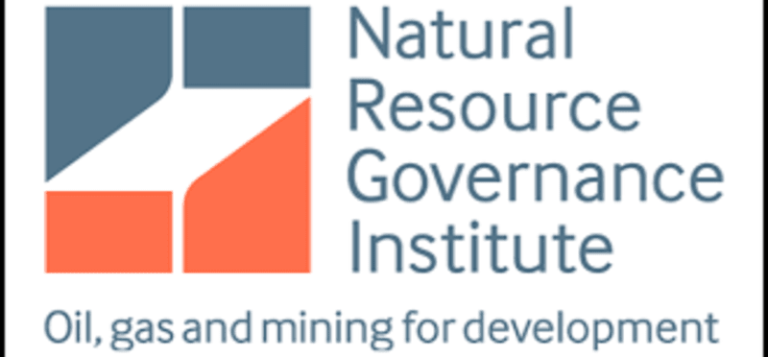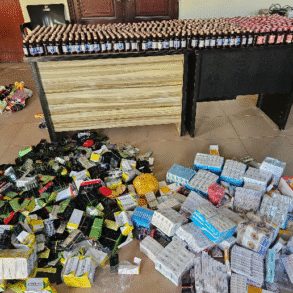The Natural Resources Governance Institute, NRGI, has cautioned the federal government against methane emissions as Nigeria prepare to harness gas products for domestic use and export.
NRGI, in a statement obtained by AFIMAG after a conference held recently in Abuja, advised the federal government to check methane emissions for environmental and economic impacts.
The statement reads in full: “NIGERIA’S FEDERAL GOVERNMENT MUST CHECK METHANE EMISSIONS TO SECURE ENVIRONMENTAL AND ECONOMIC GAINS Abuja, 23 July 2024
“As Nigeria seeks to leverage gas for domestic use and exports, the Natural Resource Governance Institute (NRGI) cautions that methane emissions from gas sector processes, such as incomplete gas flaring, direct methane release and leaks, pose a significant threat to the country’s economy, environment, and public health.
“Strengthening Methane Emissions Reduction in Nigeria’s Oil and Gas Sector, researchers emphasize that reducing methane emissions is a global climate imperative, a strategic economic necessity, and an urgent domestic priority for Nigeria.
“They called for coordinated efforts between the federal government and private stakeholders to develop a robust methane emissions framework and strengthen investments in emission reduction technologies.
“The European Union (EU), which accounted for 43 percent of Nigeria’s crude and 60 percent of liquefied natural gas (LNG) exports in 2023, is already implementing stricter methane emission rules.
“From 2027, EU importers will be required to confirm that new oil and gas contracts comply with monitoring, reporting and verification standards, and by 2030, EU-bound cargoes must adhere to methane intensity limits. Non-compliance could hinder Nigeria’s access to a crucial market and its ability to earn revenue.
“We are in a race against time, and we need all hands on deck,” said Tengi George-Ikoli, NRGI’s senior officer in Nigeria. Nigeria has shown commitment to ambitious targets on methane reduction, but the urgency of the crisis demands that we close the gap between ambition and action.
“We acknowledge the progress made with the Nigeria Gas Flare Commercialization Program (NGFCP) licenses and urge for effective implementation of this program and other initiatives to support Nigeria’s climate commitments and the energy transition.
“Between 2010 and 2020, Nigeria contributed 16 percent of sub-Saharan Africa’s methane emissions. The International Energy Agency (IEA) estimates that in 2023, Nigeria could have generated approximately $350 million in revenue from abatement initiatives such as capturing and reselling methane while requiring an average annual investment of only $240 million in mitigation efforts.
“Reducing methane emissions is not just about ticking climate boxes or maintaining market access for Nigerian crude oil and gas. It also presents an opportunity to unlock untapped potential within our natural resources. IEA’s estimates show that tackling methane challenges can be a win-win.
“Therefore, the federal government and relevant agencies, such as the National Council on Climate Change, the Federal Ministry of Petroleum Resources, and the Federal Ministry of Environment, must play their part.
“They should collaborate with the private sector and other stakeholders to develop clear strategies, expedite implementation, and ensure stronger enforcement to improve Nigeria’s methane reduction before it is too late.”








